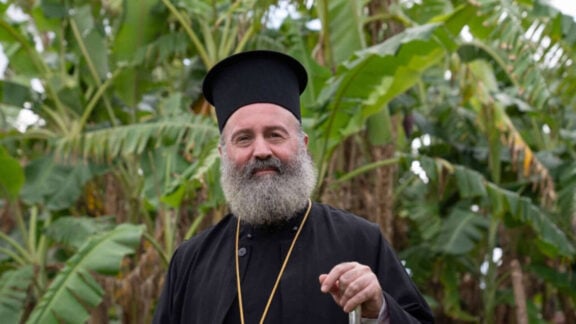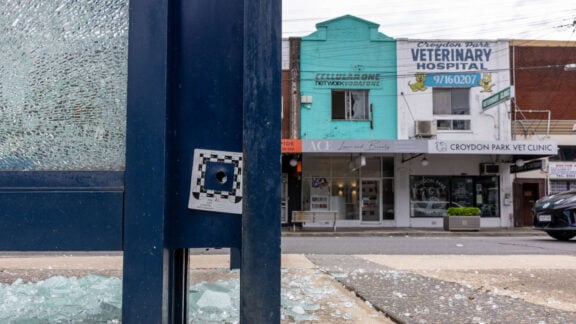C. P. Cavafy is widely considered to be one of the most if not the most distinguished Greek poet of the twentieth century. He was born in 1863 in cosmopolitan Alexandria, Egypt, where his Greek parents, who originated from Constantinople, had settled in 1855. Cavafy’s father was an importer-exporter whose business frequently led him to Liverpool, England. The poet’s father died in 1870, and the business he left in Alexandria proved insufficiently profitable for his mother and her nine children. The family consequently moved to Liverpool.
Cavafy lived in England in Liverpool and London (1872 to 1877), and developed a command of the English language and a knowledge of the writings of William Shakespeare and Oscar Wilde. As a result of mismanagement of the family business in Liverpool by his elder brothers, his mother was forced to move the family back to Alexandria, where they lived until 1882. From 1882 to 1885 the poet lived in Constantinople, the capital of the Ottoman Empire and a great centre of Hellenic culture.
From 1892 to 1922 he worked part time as a clerk at the Ministry of Public Works. He died of cancer in 1933. C.P. Cavafy spent his entire adult life in Alexandria, a cosmopolitan trading post, where the Greek community of approximately 50,000 people in the late 1920s was representing 8.5 per cent of the total city population, and more than half of all residents of foreign origin.
During his lifetime the poet visited Greece only four times. He visit Greece as a tourist or for family reasons in 1901, 1903 and 1905. His last visit to Greece in order to undertake a tracheotomy for cancer of the throat took place in 1932.
While alive, C.P. Cavafy was an ‘obscure’ poet, living in relative seclusion and publishing little of his work. A short collection of his poetry was privately printed in the early 1900s and reprinted with new verse a few years later, but that was the extent of his published poetry. Instead, Cavafy chose to circulate his verse among friends.
Many of Cavafy’s poems were highly personal, addressing his homosexuality.
He was a student of history, particularly ancient civilizations, and a great number of his poems are set during the Hellenistic and the Roman Period. He was also well read in the poetry of Victorian England and nineteenth-century France, as well as Greek literature of the Classical and Hellenistic periods.
Edmund Keeley, an American author, translator, and Emeritus Professor of English at Princeton University, a noted expert on C. P. Cavafy, writing about the poet states that “The essential thing about Cavafy, most of his early commentators agreed, was his uniqueness,” – his unique perspective of the world, his unique tone of voice, as others said.
The famous Anglo American poet W.H. Auden indicated that one proof of Cavafy’s uniqueness was the apparent capacity of his work to survive translation, so that the reader who has no Greek still feels on reading a poem by Cavafy that “nobody else could possibly have written it”.
While Peter Mackridge, Emeritus Professor at Oxford University and nineteenth- and twentieth-century Greek language literature and culture expert wrote about the poet: “Cavafy’s poetry implicitly poses searching questions concerning national, cultural, ethnic, religious, and sexual identity, free will, the source of artistic creativity and its personal and social functions. Because his poetic oeuvre is suffused with irony, it is open to multiple (and sometimes contradictory) interpretations.”
Among Cavafy’s most acclaimed poems is Waiting for the Barbarian, in which leaders in ancient Greece prepare to yield their land to barbarians only to discover that the barbarians, so necessary to political and social change, no longer exist. In Ithaca, another of Cavafy’s highly regarded works, the poet evokes Homer’s Odyssey in stressing the importance of the journey over the destination. And in poems such as The Battle of Magnesia and To Antiochus of Epiphanes, he implies that decadence in a civilization and disunity of leadership leads to its destruction.
Advertisement
A poet ‘at a slight angle to the universe’
Celebrating 150 years of C.P. Cavafy (1863-1933)








